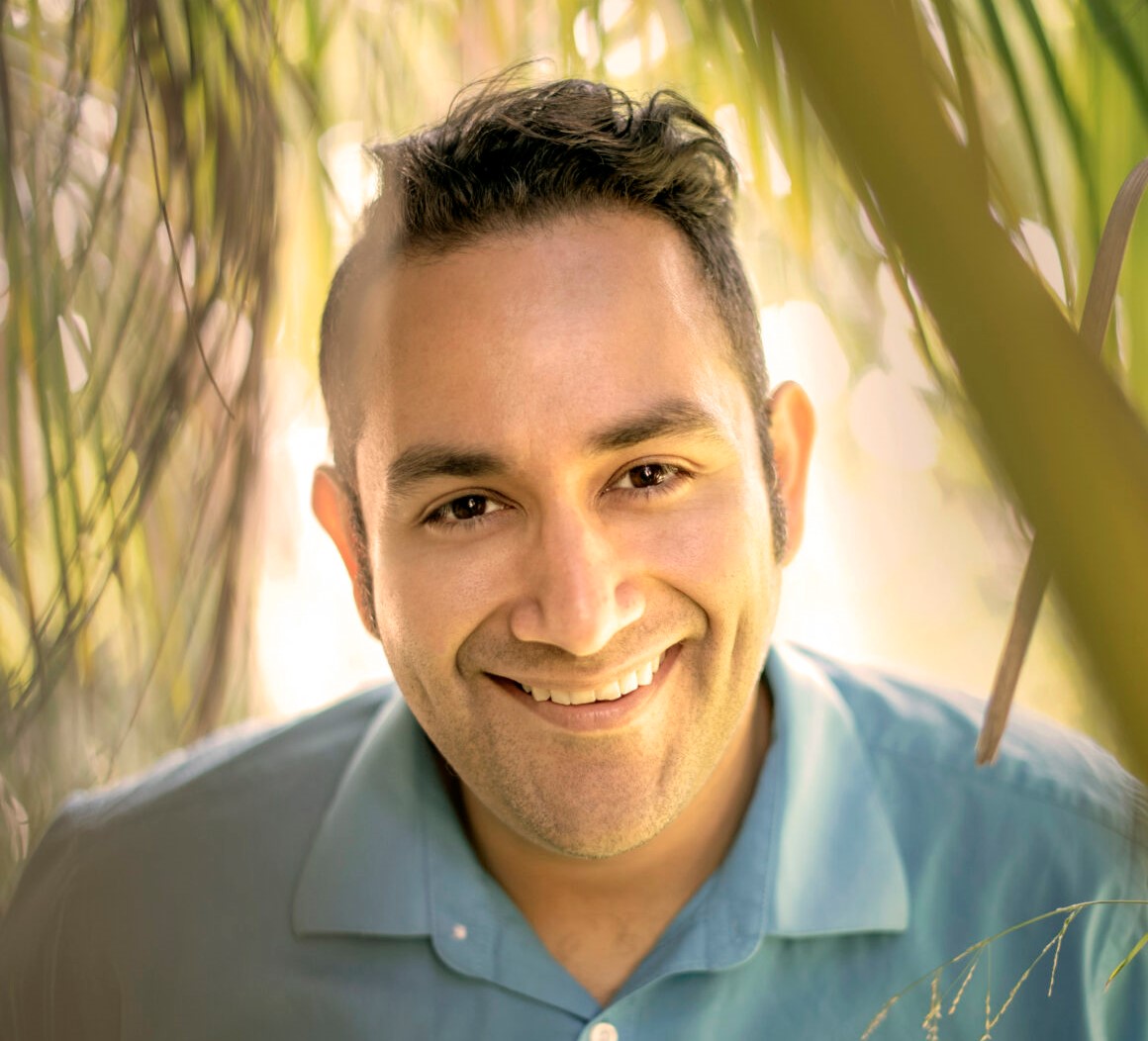A year into the COVID-19 pandemic, nearly everyone living in the United States has experienced some level of psychological distress.
The National Center for Health Statistics found more than 39% of adults surveyed in February of this year reported symptoms of anxiety or depression, an increase of 8% from April 2020.
Christoph Zepeda, a clinical counselor with the Grateful Heart Holistic Therapy Center in Oakland told “Civic” that his clients have been continually whipsawed by ever changing conditions.
“When the lockdowns first started happening, people were in shock,” he said. “And then they slightly adjusted. And then things started happening across the nation and globally that then put them back into shock again.”
Zepeda said that ratcheting up and down of pressure has made it difficult to cope psychologically. Being unable to touch each other or gather together also increased stress. Those who faced substance use issues faced even greater difficulties in remaining sober.
He discovered that the connection of Zoom and phone calls couldn’t help some of his clients who were trying to process stressful news differently.
“Everybody would be going back and forth between COVID fatigue versus COVID frustration,” said Zepeda. “So you’d have one pool of people wanting to talk and vent about their experience. But then other folks kind of being too saturated with all the news. And so the people who were seeking support, couldn’t receive the support that they wanted or needed, because the other individuals were also overwhelmed.”
He said that as mass vaccinations take hold and society opens up, the biggest challenge will be dealing with the tremendous, but yet to be measured, losses of the last year.
“In terms of grief, and loss and death, I think that the absence of the folks who did die in this pandemic, that will take time,” he said. “The fact that it was so hard to plan for anything, last year and this year. I think knowing how to plan and how to process feelings is going to be its own challenge.”










